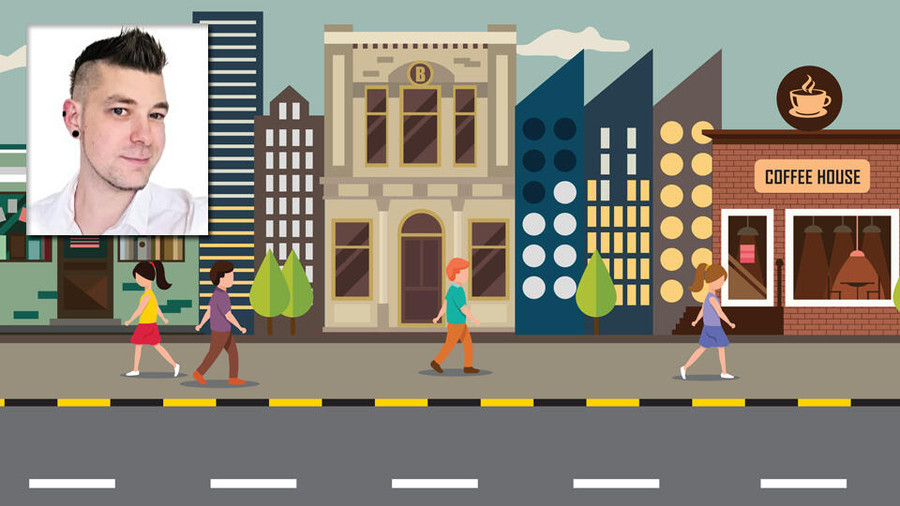The last 10 years have been hard on physical retailers in the U.K. Businesses retailing in all types of product have had to battle through recessions, uncertainty and forced closures. Worst hit are high streets, which have seen an incredible decline in business and footfall, leading to deserted shopping areas and a lack of enthusiasm from business owners. Put simply, the high street is dying.
I’m not entirely sure if the phrase “high street” is known in the American language, but it’s basically the main street in a town/city in which nearly all major retailers have a presence. It’s generally the area that attracts the highest number of shoppers, thanks to the range of stores, pleasant environment and convenience and therefore usually has the highest footfall.
By opening a physical store rather than a warehouse, walk-in customers are the icing on the cake for these online-based retailers.
Our U.K. high streets are slowly disappearing. We’ve lost a huge number of major brands including Virgin Megastores, Comet (a huge electrical and technology brand) and Woolworths, famous for its Pick & Mix sweets (a store all British people will hold dear in their hearts) Recently Arcadia Group, who owns a number of chains including Topman, Topshop, Dorothy Perkins, Burton and Miss Selfridge went into administration and some of the brands have been sold to online retailers to be run as online-only stores.
We also lost one of our oldest department store chains just before Christmas too. Debenhams has been on the U.K. high street for 240 years, but sadly went into liquidation in December, with the closure of 124 stores and a loss of almost 12,000 jobs.
High street retailers have built themselves around the high street. They cater to customers that walk into their stores and they look to provide them with an experience. They are focused on being there for their customer. This is a proven concept and has worked for hundreds of years, but as technology becomes easier to use, more of us are shopping online. The high street suffers when we buy online, as we aren’t supporting high street brands, especially those that don’t have an online store.
The problem with high street stores and high street brands is exactly that. They are built around the high street. I’ve mentioned in previous articles that it’s essential that we adapt to modern life. People would sooner pop onto their phone to order clothes than to venture to the high street (which can sometimes be a long drive away) and have to then battle through typical British weather. I really can’t blame them for buying online.
Businesses are beginning to emerge however, including adult retail brands, which are opening up in shops that have been empty for years. These “younger” businesses are the future of retail. I’m aware of a number of these businesses in the adult industry that are ready to emerge onto the high street!
Many have been born online and have built up a following and customer base virtually. They have usually reached a point where they need a warehouse to be able to cope with demand, and what better way to increase their sales than have customers be able to walk in through their doors as well as order online? Unlike traditional high street stores, no longer is it necessary to have a physical store to sell their goods. But if they need a premises, opening a shop is a perfect way to grow sales and increase revenue.
These new businesses are proven and sustainable and can usually survive whether they have a store or not. If they don’t get customers walking in, it won’t affect their business as their running costs would be similar whether they use the premises as a warehouse or as a shop.
I suppose I’d summarize it like this:
By opening a physical store rather than a warehouse, walk-in customers are the icing on the cake for these online-based retailers.
It’s great to know that there is a regeneration going on within the adult industry when it comes to operating brick-and-mortar stores. That’s not to say that existing stores won’t survive, but it’s becoming much harder for them.
The COVID-19 lockdowns in the U.K. have made it abundantly clear to retailers that their website is just as important, if not more important, than their actual physical store. Sure, it’s great to give customers a super experience inside your shop, but don’t put all your eggs in one basket and neglect your virtual store! You never know when you’ll need to rely on virtual trade.
Daniel Miller has worked in the industry for over 10 years and specializes in adult retail and wholesale.








